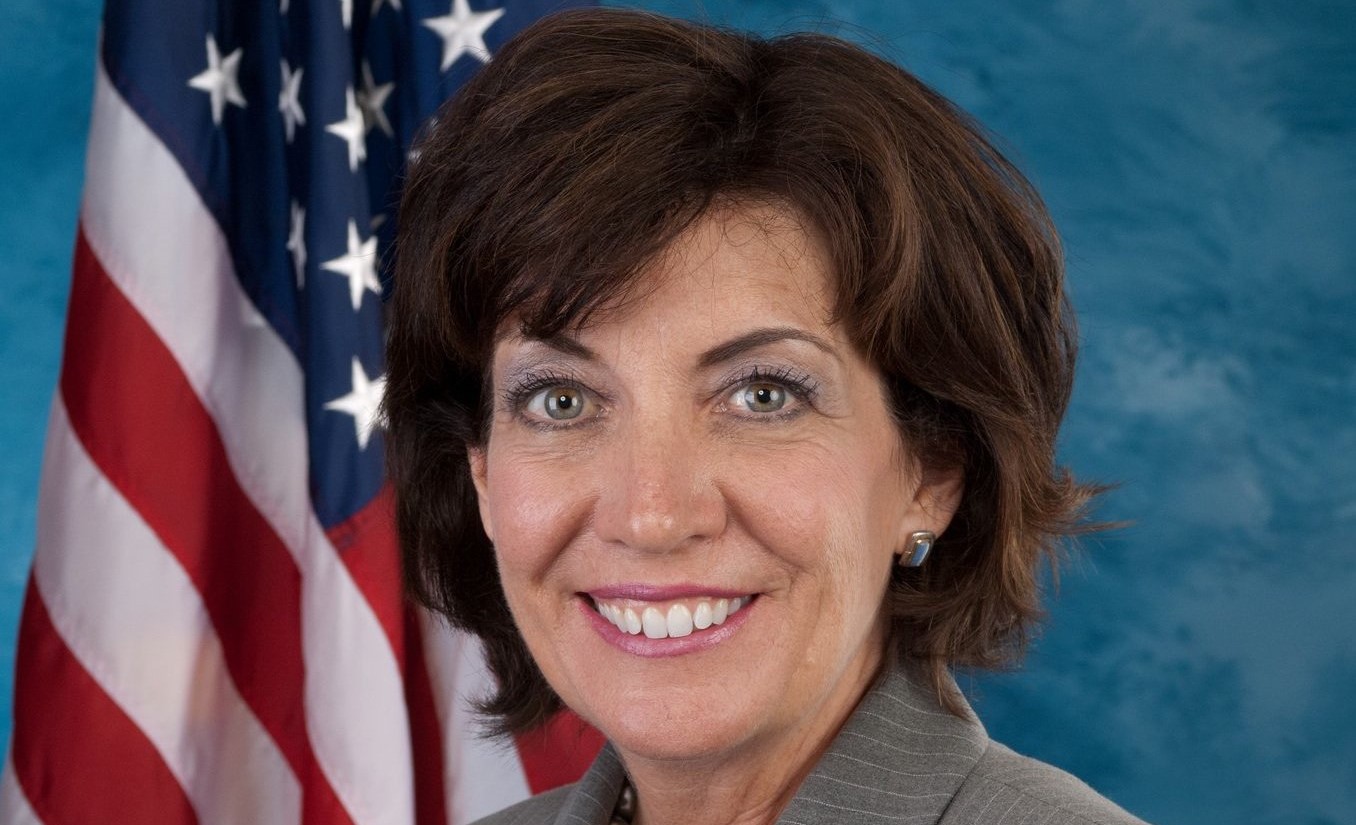- New York Gov. Kathy Hochul's surprise decision to block congestion pricing in Manhattan last week is sure generating a lot of traffic for news outlets... including our sister site Streetsblog NYC, which you should visit for on-the-ground coverage.
- The NY Times has a TikTok claiming Hochul always had reservations, in contrast to previous reporting that fellow Democrats convinced her it might help pick up a few suburban U.S. House seats, as detailed in this Slate article.
- Usually conservative CNBC demolishes the arguments against congestion pricing and says it will hurt the city's economy in the long run.
- Its liberal sibling MSNBC notes that, as a result, NYC's aging subways will become even less reliable. Riders are bracing for "hell," Bloomberg reports, due to the lack of funding congestion pricing would have provided.
- Vox calls it a "huge mistake" that will only discourage other American cities from implementing a proven policy that reduces congestion and emissions. Route Fifty wonders if the idea — discussed in cities like Boston, Philadelphia and Los Angeles — even has a chance now.
- Congestion pricing in other countries has proven to be popular once residents see how much more livable their cities become, according to Reasons to Be Cheerful.
- Further disillusioning climate activists, the Biden administration is backing off of its aggressive proposed increases in fuel efficiency standards. (Politico)
- Uber and Lyft's deal with Minnesota on driver pay and working conditions was a big win for big tech because it preserves those companies' power imbalance over their contractors, even if drivers did get a minimum wage hike. (The Guardian)
- Atlanta Mayor Andre Dickens is pushing to delay four years of construction at the city's Five Points transit hub until the results of an audit are in. (AJC)
- When a car blew through an intersection in the wrong lane past dozens of people on a bike "safety ride," Atlanta police pulled over the group of cyclists instead of going after the driver. (FOX 5)
- Biking is starting to pick up again in Portland after a huge chunk of bike commuters started working from home during the pandemic. (Portland Monthly)
- The Maryland DOT adopted a complete streets policy. (Greater Greater Washington)
- The Milwaukee County Transit System is looking into taking over The Hop streetcar and a suburban transit system as it explores creating a regional agency. (Urban Milwaukee)
- Denver transit users were dealing with the delays and slow trains late last week under somewhat murky circumstances related to maintenance projects. (Colorado Public Radio)
- An Ohio Lyft driver quit the app and struck out on his own so that he can take his dog along for the ride. (WOUB)
Today's Headlines
Monday’s Headlines Are Bumper to Bumper
The internet is as congested with articles criticizing New York Gov. Kathy Hochul for killing congestion pricing as Manhattan is with cars.

Stay in touch
Sign up for our free newsletter
More from Streetsblog USA
Tuesday’s Headlines Went the Wrong Way
Multi-lane one-way streets: bad. Single-lane two-way streets: good.
What It Would Take to Map Every Sidewalk In Your State
States and tech companies keep detailed records of virtually every driving lane in America — but not every sidewalk. Until now.
New Calif. Legislation, Backed by Bike Safety Groups, Proposed to Regulate E-Motos/E-Bikes
Electric bicycles are transforming how Californians get around, but the rapid rise of high-powered electric devices has created confusion that puts people at risk,” said Marc T. Vukcevich, Director of State Policy for Streets For All.
The Wonders of Biking in Taiwan
One of San Francisco's most notable urbanists explores Taipei's night markets and bike infrastructure. He wonders: can San Francisco adopt their biking culture?
Why Is the Governor of New York Trying to Make It Easier to Deny Traffic Violence Victims Insurance Payouts?
The governor is still fighting to make it cheaper to drive with a reform that would reduce compensation to some crash victims.
Study: Most Of America’s Paint-Only Bike Paths Are On Our Deadliest Roads
Even worse, most Americans see these terrible lanes and think, "I'd be crazy to ride a bike" — and the cycle continues.





